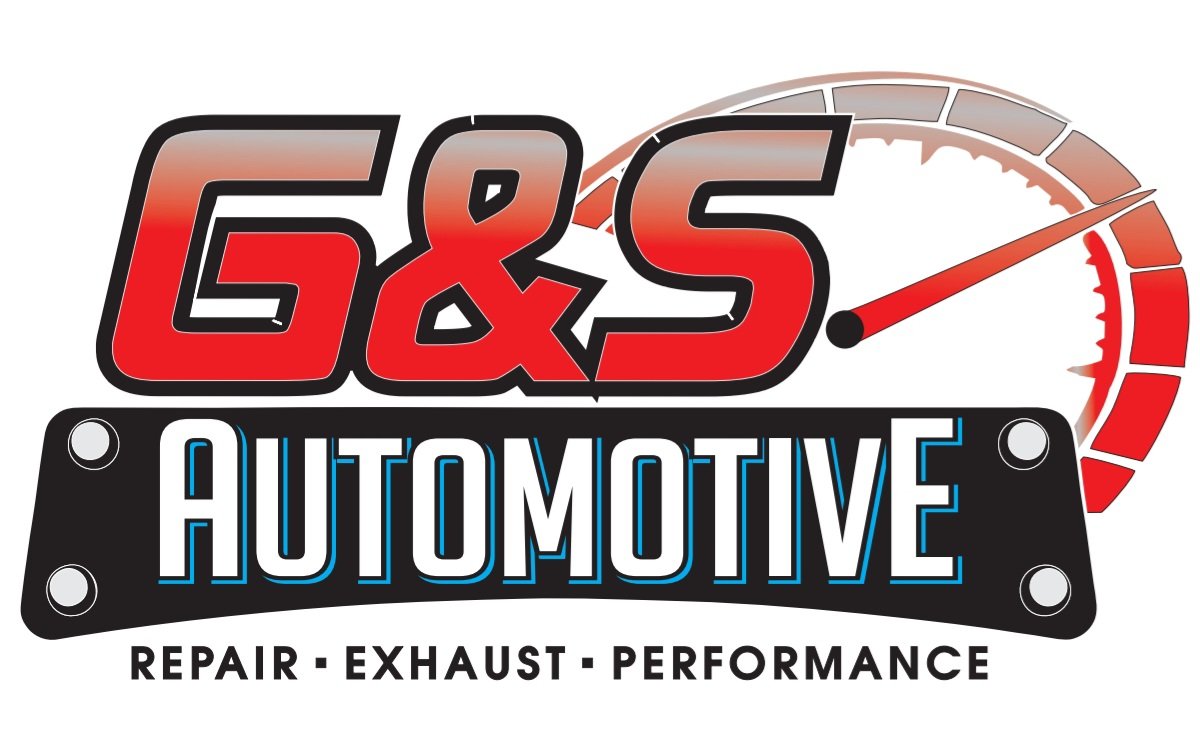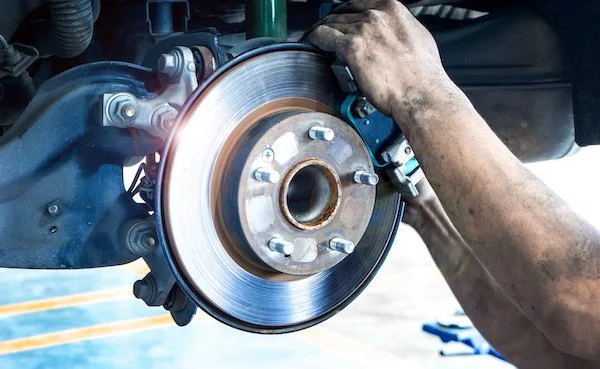Brakes and Suspension
6 Signs To Know When Its Time To Replace Your Brakes
1. Squeaking or Squealing Coming From Brakes
If your brake pads are near the end of their life, the first symptom you'll begin to notice is a squeaking or squealing noise coming from the brakes. Squealing brake pads are typically caused by excessively worn-down pads.
Once you've worn down your pads enough, you'll start to experience a grinding noise, at which time you'll also begin to damage your rotors, making the repair cost even more expensive.
2. Grinding Sound When Braking
As we stated above, if you're experiencing a grinding noise while you're applying pressure to the brake pedal, your brake pads need to be replaced ASAP. Some brake pads have built-in metal wear indicators, which are designed to make a loud noise and alert you that it's time to replace the pads.
If you leave the brake pads to continue grinding, you're opening yourself up to a lot more damage and higher repair costs.
3. Vibration When Braking
If you feel your car shaking when you press the brake pedal, it means that there's something wrong with the brakes. It's probably because the rotors that help stop the car are not smooth anymore, causing the brakes to work unevenly.
4. Taking Longer To Stop
Another sign that your brakes need to be checked out is loss of performance when applying the brakes. If you're experiencing slow stopping times while applying your brakes, it may mean your brake pads are worn down completely or that your brake fluid is low.
5. Brake Pad Indicator Light Comes On
Most modern vehicles come with brake warning lights that appear on your dash. One is your Antilock Braking System (ABS) light, and the other is your brake system warning light.
Your brake light won't always come on when there is an issue.
But if you're seeing a brake warning light and your parking brake isn't engaged, it's time to have a brake expert look at your system to diagnose your issues.
6. Your Brake Pads Appear To Be Thin
One way to easily check on your brake pads is to inspect them visually for wear. To do this, look between the spokes of your wheels and locate your brake pad.
If it appears to be less than a ¼ inch or 6.4 mm thick, and there's brake dust buildup, you're probably due for a set of new brake pads.
What Is Suspension?
The suspension system in a car is responsible for stabilizing and controlling the vehicle, allowing it to handle bumps and dips on the road.
The suspension system helps maximize friction between the tires and the road, ensuring a comfortable ride and providing steering stability and good handling.
The suspension system consists of various parts, including coil springs, shock absorbers, struts, control arm and ball joints, all of which play important roles in maintaining stability and contact of the tires with the road.
A well tuned suspension can make the car feel more responsive and predictable, enhancing the overall driving experience.
Irregular tire wear
Rough ride
Vehicle pulling to one side
Oily shocks
Excessive bouncing after hitting a bump
Noise over bumps
Clunking noise



